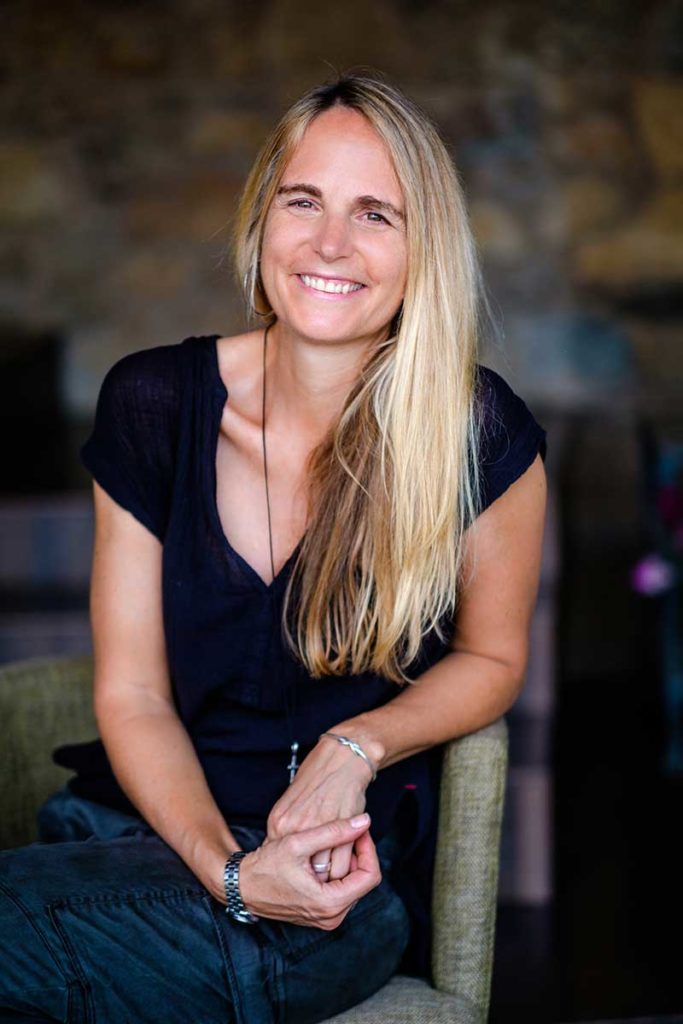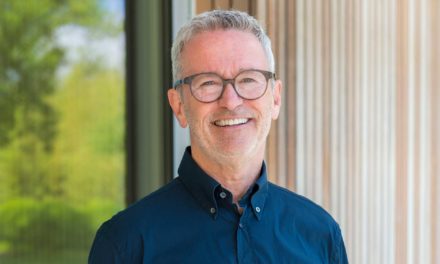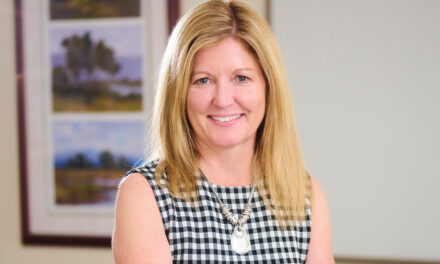By Jean Oelwang
Paul Polman, at the time CEO of Unilever, stood in front of a group of CEOs filled with emotion. He was sharing some of the work the company was doing to help lift people out of poverty.
This was the work that kept him going every day. That lit his heart and soul on fire. That made him proud to go home to his children each night. It was a part of his dream to embed a sustainable living plan at the core of Unilever. To move away from quarterly reporting to a long-term vision where metrics of success included financial results and, as importantly, positive impact metrics for people and the planet. His plan played a significant role in making the company a great success and gave every team member a sense of purpose in their work and in their lives, including Paul.
Every CEO in the room that day left feeling transformed. They came in skeptical but walked out as ambassadors for putting people and the planet at the core of their businesses.

Over the years since that moment, “purpose” and sustainability have become imperatives for the success of business, and for the survival of humanity: moving from a “nice to have” to an expectation of customers, team members, investors, and the public.
Annually, Edelman has interviewed more than 33,000 people in 28 countries as part of their 20-year Trust Barometer Study. In 2021, over 86 percent of the respondents felt like CEOs must speak out and act on societal issues. In this same study, business was also seen as the most ethical and competent institution: an extraordinary invitation for business to truly become a force for good in the world.
The good news is that this is also positive for your bottom line. Just Capital, a leading organization that measures and seeks to improve corporate performance, has been talking to the American people for many years to determine what a “just company” means to them. The top characteristics link to fair pay and benefits, quickly followed by ethical leadership. Last year they tracked companies that were ranked as ethical and those that were not. Ethical companies were consistently the top financial performers.
To become a positive force for change, businesses leaders must start with listening — to your people, communities, suppliers, and trusted peers. Then, ask yourself five sets of questions:
FIRST, is your company 100 percent human in all you do? Are your people (including people in your supply chains) on a living wage? Do they have fair benefits that allow them to thrive?
SECOND, do your products and services benefit people and the planet and cause no harm? Do you have the right incentives and measurements in place to hold yourself accountable, such as net-zero carbon emissions by 2050? Are you investing in companies and products that will address the biggest challenge of our time — the planetary emergency?
THIRD, are you doing all you can to support local and global communities that are part of your wider family? What difference can you make in closing the gap of inequality and giving everyone a fair go?
FOURTH, how can you work with your competitors to positively transform the industries you operate in? How can you collaborate across sectors to tackle tough issues? Do you have enough diverse thinking in your company?
FINALLY, are you courageously standing up against unacceptable issues?
To solve our interconnected issues, we need radical collaboration on a scale we can’t even begin to imagine. I’ve spent the last 12 years interviewing all kinds of successful partnerships and collectives to see what made them work for a book called Partnering that will be published in March 2022.
One of the interviews was with Ben & Jerry — yes, the wonderful ice cream guys who learned to make ice cream by taking a Penn State course in the 1970s. They mentioned the word “love” not once, or twice — but dozens of times. It is a word that is rarely used in business. Yet, when Warren Buffett was asked by Inc. Magazine about success and the meaning of life, he posed a simple question: “Do the people you care about love you back?”
Perhaps we need a little bit more love in the 33 percent of our lives that we spend at work.
Jean Oelwang, ’87 Mktg, is the president and founding CEO of Virgin Unite, the cofounder of Plus Wonder, and recipient of the 2021 Gerald I. Susman Sustainability Leadership Award. Learn more about how to embed impact in companies at bteam.org, Polman’s book Net Positive, or contact Oelwang at [email protected].




